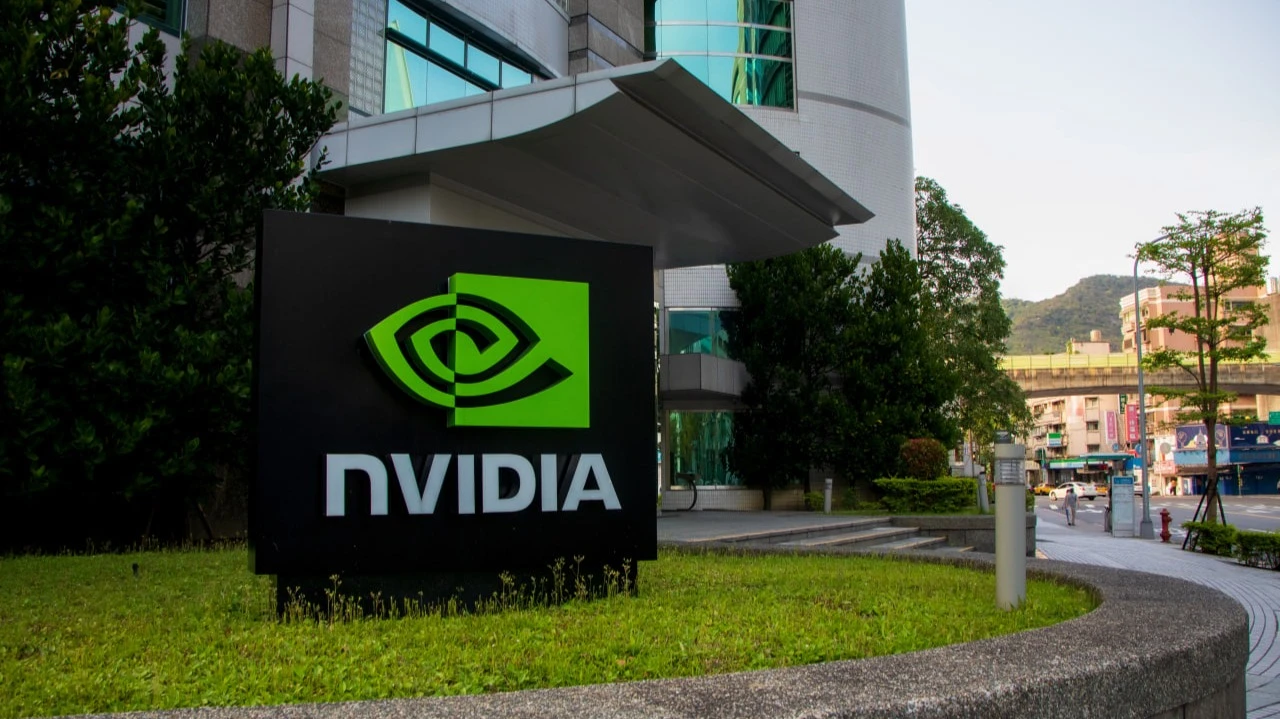Chinese tech giants maintained demand for Nvidia chips despite Beijing's pressure - Reuters
The chipmaker estimates that its market in China could reach $50 billion

Demand for Nvidia's AI chips from Chinese tech giants remains high, even despite pressure from Beijing, sources told Reuters. For local companies, the U.S. chipmaker's products still look like a more reliable and powerful option than those developed by local players. Reporting last quarter, Nvidia said it missed $4 billion because of the U.S. ban on exporting its semiconductors to China. And valued the market at $50 billion.
Details
Alibaba, ByteDance and other Chinese technology companies are still interested in Nvidia chips for artificial intelligence, despite the fact that Beijing regulators strongly discourage them from buying products of the American chipmakers, wrote Reuters, citing four interlocutors familiar with the supply negotiations. Two of them said the companies want to make sure their orders for the H20 chip, which is now allowed to be exported to China again, are actually fulfilled, and are keeping a close eye on Nvidia's plans for a more powerful chip, tentatively called the B30A and based on the Blackwell architecture.
Both chips are stripped-down versions of models sold outside China and are designed specifically to comply with U.S. export restrictions. Their shipments to the Chinese market had been interrupted by Washington's ban, but in mid-August President Trump said he would authorize the sale on the condition that Nvidia and its rival AMD contribute 15% of those proceeds to the budget. At the same time, Beijing began recommending local companies to refrain from buying U.S. chips, Bloomberg reported.
If the U.S. also approves shipments of the B30A, its price, according to two Reuters sources, is likely to be about double that of the H20, which costs $10,000-12,000. And the performance of the new chip could be up to six times higher. Chinese technology companies see this as a favorable offer, the agency writes.
Nvidia CEO Jensen Huang also reassured Chinese customers that they need not worry about H20 availability and told vendors that demand remains strong, two sources told Reuters. Asked about its position compared to other players in China, an Nvidia spokesperson told the agency, "Competition has certainly come."
The cost of the issue for Nvidia
In a conference call with investors and analysts following the release of last quarter's report, Huang estimated that the Chinese market represents a "$50 billion opportunity" for Nvidia and is growing at 50% a year. The uncertainty surrounding those shipments was one of the reasons why the company had to give a subdued sales forecast for the current quarter. It excluded possible revenue from customers in the world's second-largest economy. No chips were exported to China last quarter, and Nvidia reported a $4 billion shortfall. That market brought it 13% of revenue last fiscal year, Reuters recalls.
Top management said during the call that the company has already received some export licenses for H20, but has not yet started shipping as it resolves issues related to an agreement to transfer a portion of the proceeds to the U.S. government.
What about the stock?
Since posting subdued quarterly results in late August, shares of the world's most valuable company have fallen 6%. At the premarket on August 4, quotes Nvidia rose by 0.6%, but then lost almost all the growth. Since the beginning of the year, its value has increased by more than a quarter.
After the report was published, at least ten analysts raised their target price on Nvidia shares. It now suggests a potential upside of 26% relative to the September 3 closing level.
Context
The extent of China's access to advanced AI chips is one of the key points of tension in the standoff with the U.S. over technological leadership, Reuters notes.
On the one hand, WASHINGTON backed away from his previous position with strict limitations: Nvidia and other chipmakers explained that it would be better if Chinese companies continued to use their products, rather than switching entirely to local competitors like Huawei and Cambricon.
At the same time, Beijing is eager for the country's technology industry to break its dependence on U.S. chips. According to Reuters sources, Chinese authorities summoned companies including Tencent and ByteDance last month, demanding an explanation for H20 purchases and expressing concerns about security risks. Meanwhile, supply from local manufacturers remains limited, the sources told the agency. And three sources involved in the engineering operations of Chinese tech companies admitted that Nvidia's chips perform better than domestic counterparts.
This article was AI-translated and verified by a human editor
